New Life by an Old Oilfield
by Ren Feifan
[Mexico] HOUNG-MING ANTONIO
Mexico, a land of magic and fantasy, has a long history that is recorded in the ancient ruins of its Maya and Aztec civilizations. A vast realm full of cactus-dotted deserts and extending to the blue sea, it was once known as a country floating on a sea of oil. Mexico boasts a wealth of oil and gas reserves, its most important natural resources.
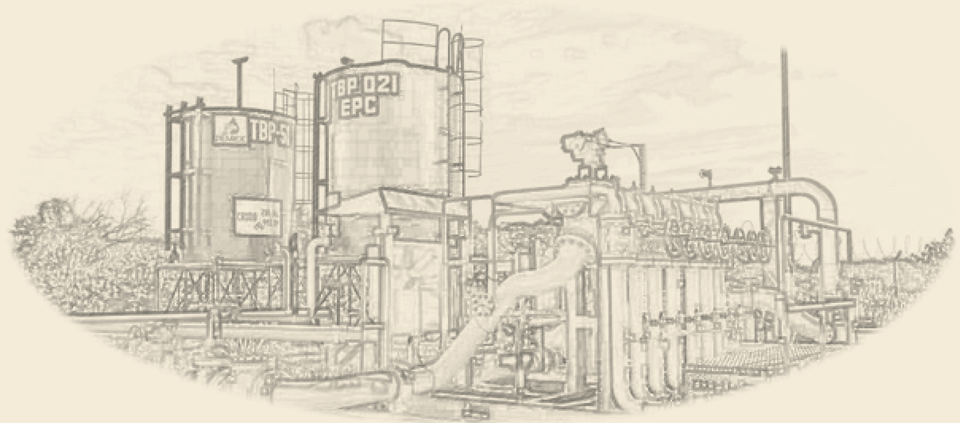
The country's first oil well is located at the Ebano oilfield, which lies at the juncture of the three states of Tamaulipas, San Luis Potosi and Veracruz. Though a hundred years had passed since the oilfield began operation, its nearby communities did not seem to have benefited from its development. They still relied on herding and fishing for their living.
To increase oil production in the area, Pemex, Mexico's national petroleum company, launched its first service package for oilfields, the Ebano-Panuco-Cacalilao oilfield service project. The bid for the project was won by DS Servicios Petroleros, a joint venture of China's Sinopec Oilfield Service Corporation and Diavaz of Mexico that is engaged in geological research, well drilling and work-over services, oil production and surface engineering. To meet the sustainability goals of the project, DS came up with community and environmental support plans to improve the lives of locals. For the communities near the old oilfield, a new life was on the horizon.
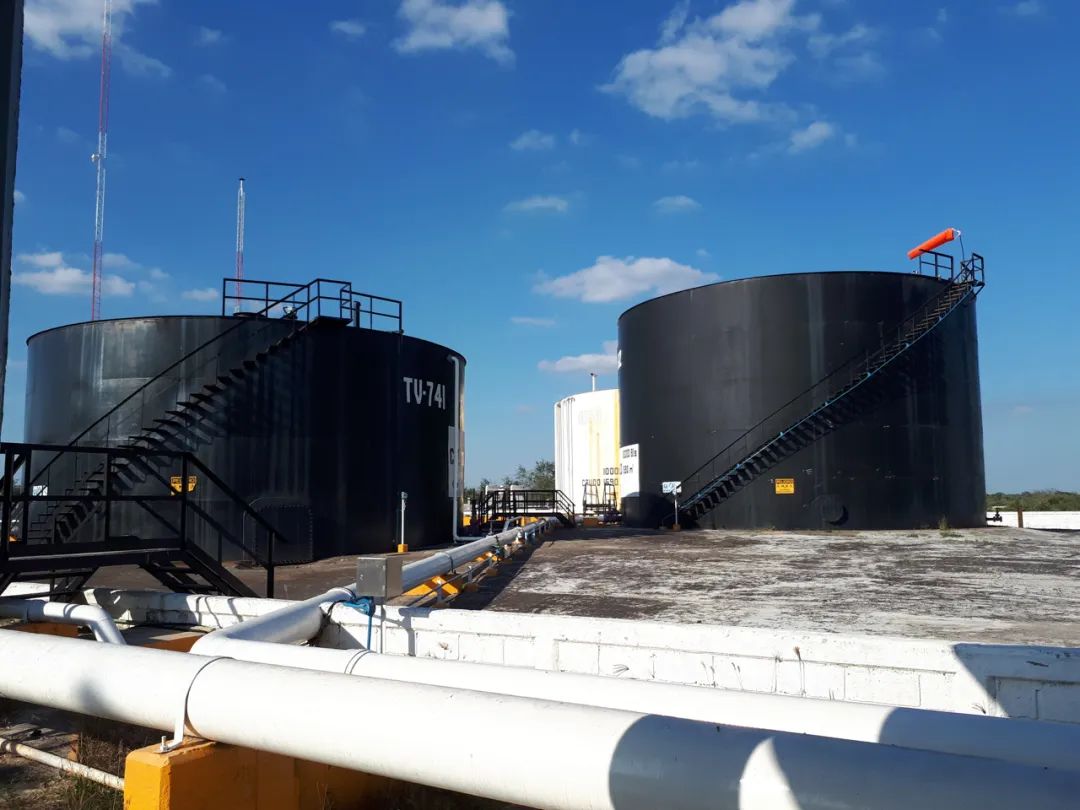
Storage tanks at the Ebano oilfield
New Opportunities in a Garment Workshop
Nuevo Michoacán, a small town at the northernmost tip of the state of Veracruz and some 20 kilometers from Ebano, is surrounded by oil wells. "We have a lot of oil wells here. Many of them were drilled during my grandpa's childhood but they brought us no benefits," Lupita, a local, said. "They didn't bring us jobs. We still live at nature's mercy, herding and fishing." But one day, things began to change for the better.
The locals heard a garment workshop was going to open in the area as part of DS' sustainability program to help local women gain economic independence. The news galvanized the town, and the women – including Lupita and her friends – were eager to sign up.
Lupita was accepted even before the workshop was built. She was so excited that she would often go to the construction site to see how the work was progressing.
Today, the workshop is open with its new sewing machines working at full speed. The clatter of the fast-moving needles on the machines is followed by the rustle of clothes as the workers turn smooth fabrics into garments. "I am grateful for the opportunity provided by DS. The instructors taught us how to make the garments and all we need to do is to focus on our work," Lupita said.
She and her co-workers at the workshop exude confidence as their life is back on track. They are happy with their jobs as the workshop pays them well.
They appreciate what the oil wells have eventually brought them. "We would not have what we do now without the wells," they said. The workshop has brought them tangible benefits, giving them a chance to get jobs that provide skills training. It's a win-win for the project too as it means winning the locals' recognition of Chinese enterprises.
Urban Vegetable Gardens
Jopoy, a nondescript village at the juncture of Veracruz and Tamaulipas, is located right next to the Tamesi River, which is a boon for agriculture. But despite this natural advantage, the locals survived on herding and grew just a few vegetables in their backyard for their own food. If they wanted vegetables other than the meager variety they grew, they had to go to the town, which was a long way off and cost more.
To help the villagers, DS initiated a greenhouse sustainability program, known locally as the urban vegetable garden. Jopoy and three other villages were selected as the demonstration sites. The vegetable gardens were designed to produce vegetables for the villages themselves as well as to be sold in neighboring cities.
The novel concept was challenging for the locals as they had no vegetable growing skills, nor had received any training. They were skeptical about the garden because it was something they had never heard of.
But their doubts were dispelled once agro-technicians began to visit their fields regularly, giving them hands-on training on how to select the vegetables, followed by seeding, monitoring and crop management.
The efforts quickly paid off. The first harvest fetched a good price on the market and the locals, who made about MXN4,000 (USD177) a month before joining the program, had an additional monthly income of some MXN1,500 (USD63). As the news spread, everybody began talking about this new profitable business.
When the second round of planting began, no one hesitated anymore and the program soon expanded in size. Now, the planting base has a whole range of facilities – greenhouses, seedling rooms and crop analysis laboratories, forming a complete agro-planting system.
Alejandra, a local homemaker, spent the past decade bringing her children up, doing housework and feeding livestock. Though she worked hard all day long, something was always amiss. But after joining the vegetable growing program, Alejandra found herself a new life.
Speaking of her life now and showing the vegetables she had grown, Alejandra, happy and proud, had a lot to share: "I had no idea that I could grow so many kinds of vegetables. This is all thanks to the help of the technicians. We now have harvests around the year, and I sell the vegetables in other places. I'd never dreamt that I could support my family on my own."
Younger people have also joined the program. At the agricultural school in Nuevo Michoacán opened by DS, they are trained in vocational skills. Alejandra's youngest son is a student there. Parents see their children grow up, develop a goal in life, and acquire the knowledge and skills to reach their goals and have a better life. This is what matters most to them.
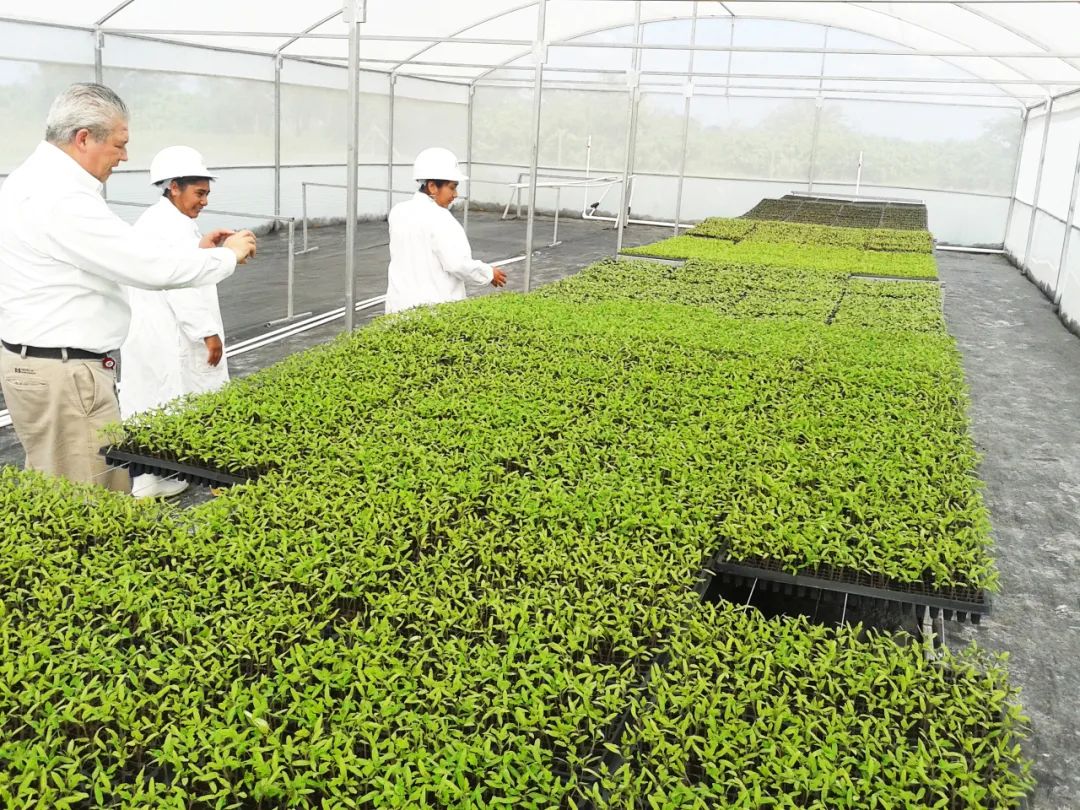
A vegetable garden
So far, over 2,000 people have joined the program and 5,000 benefited from it. Through it, DS has set an example of mutual benefit and common progress, and proved that hard work can create a better life.
The Stadium, a New Landmark
On a midsummer evening, after the scorching sun had set, a group of youngsters arrived at a rudimentary basketball court to play. However, soon the sky was overcast with clouds.
"Tomorrow, then?" one of the players called out.
"There'll be more rain tomorrow, I guess," another answered.
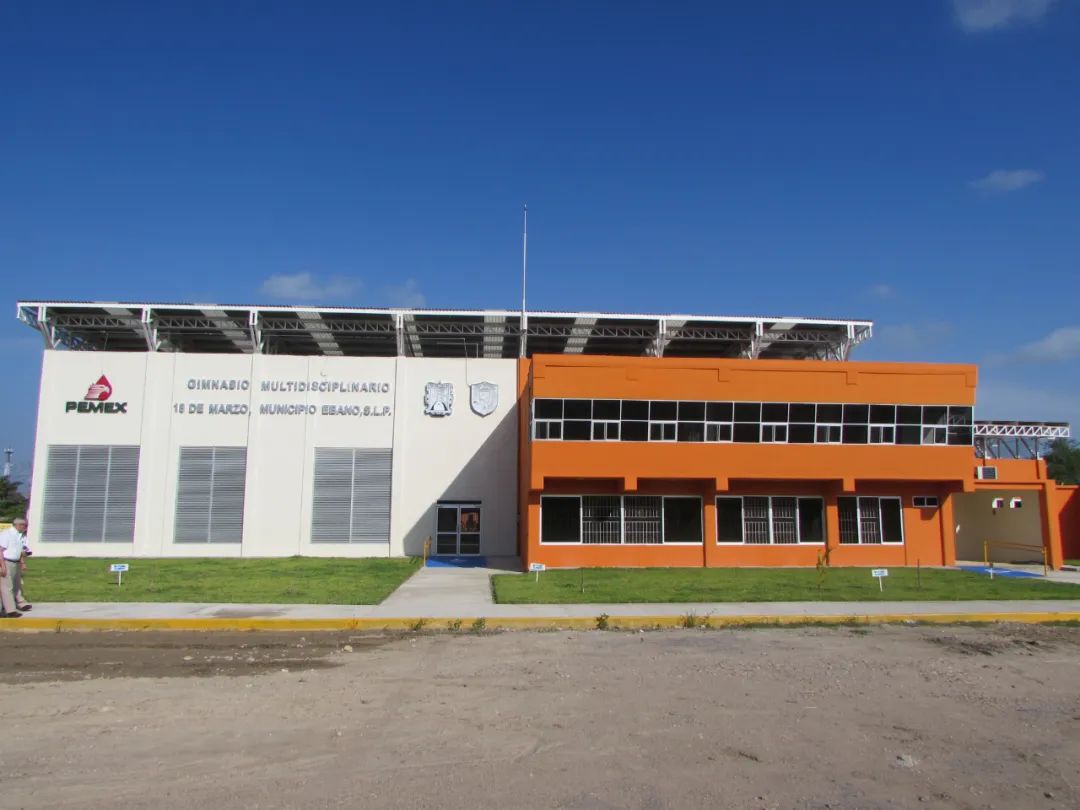
The stadium invested by DS
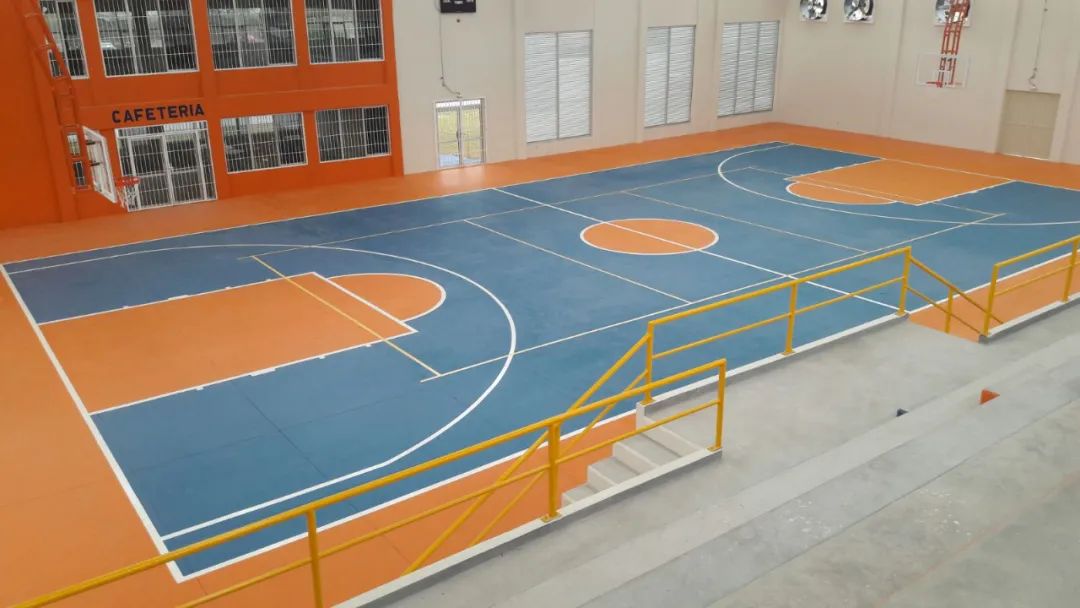
The stadium invested by DS
"You're probably right. Bad luck! We won't have a place to play then."
Before they had finished, it began to rain, turning into a downpour in no time. The court was abandoned almost immediately.
Ebano, despite having a population of more than 40,000, had no decent stadium and had to hold many events in the open air during the long rainy season. People longed for a covered stadium so that they could socialize even during the rains.
Their dream finally came true in 2015, when DS put in USD560,000 to build a multifunctional stadium. The grand new structure is now a landmark in the town that has few high-rise buildings.
Pablo is a local worker who was a member of the construction team for the stadium. The young man said the stadium is a work of art due to joint efforts. "We witnessed the entire project – from the planning, to the construction and the grand finish. We are proud of it," Pablo said. "And I am proud to have contributed to the development of my hometown."
Since the stadium opened to the public, it has become an inseparable part of people's lives. Students come here to play basketball and volleyball, schools hold their commencements and celebrate festivals here, and pop stars have their concerts here. It has added color to local life.
The stadium is only part of DS' public welfare programs in 2013-2016. During this period, the company built or renovated six parks, six sports venues, a hospital, two water towers and 15 schools. It also repaired roads, making it easier for the locals to transport their agricultural and other products. People today lead better lives because of these efforts.
Over the past four years, the sustainability program has benefited more than 45,000 local residents. It is appreciated by the local government, residents and Pemex alike. And the exciting story continues. The program is being extended to many other parts of Mexico, hoping to help more people live a better life.
Mexico and China are both ancient civilizations that today have been brought closer through cooperation even though we speak different languages and observe different cultural customs. As long as we work together, our dreams will always come true.
FOR MORE
Project Overview:
The Ebano-Panuco-Cacalilao oilfield service project was contracted to DS Servicios Petroleros, a joint venture of Sinopec Oilfield Service Cooperation of China and Mexico's Diavaz.
While bringing profit for DS, the project has also created considerable social benefits for Pemex and the local society. By giving back to local communities, Chinese enterprises have received positive feedback from Pemex, local governments and the people. The sound relationship has laid a good foundation for future development.


